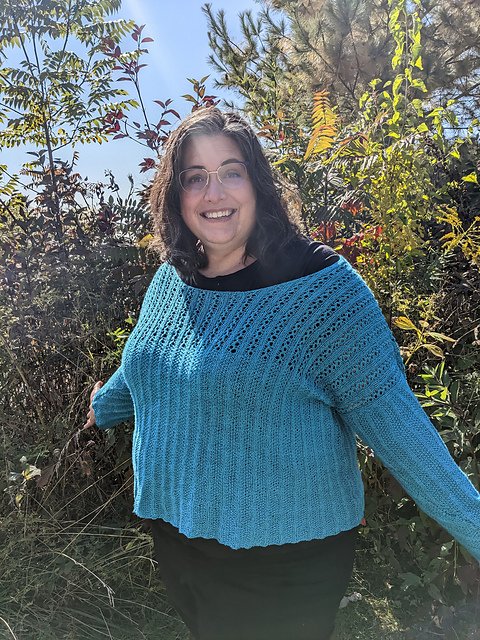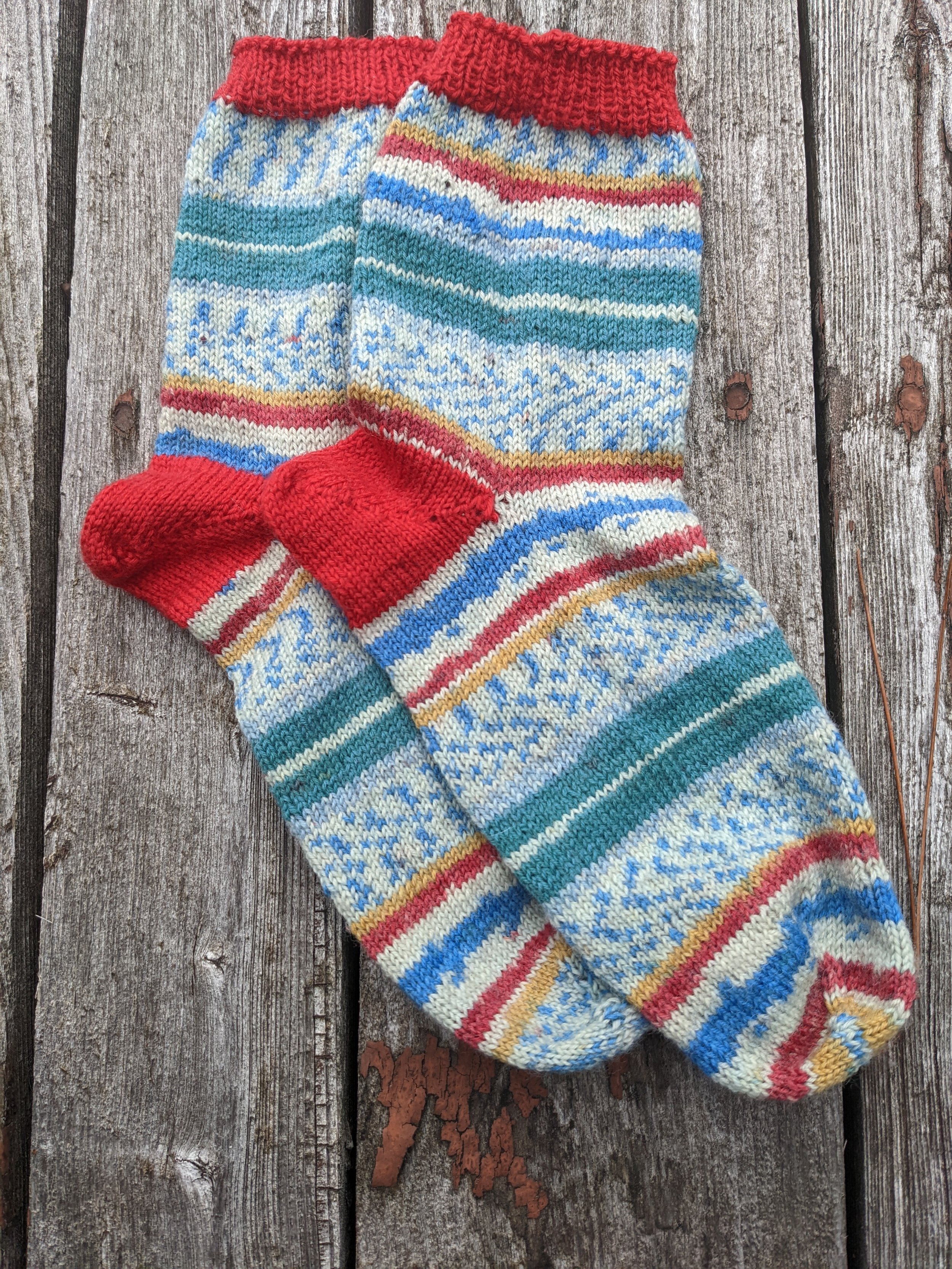This month I’ve stuck with a theme: people writing about their own experiences. My first two choices were fine, not great. But then, wow - did the engrossment ever kick in. All of these titles differ substantially from each other, and they all in multiple ways knocked my socks off. What a rewarding month of reading.
Madly, Deeply: The Diaries of Alan Rickman by Alan Rickman. While Mr Rickman led an interesting life, inhabited some truly iconic characters (could anyone else ever have made Snape Snape?) and had a wide and star-studded list of enduring friendships, he wasn’t pouring his heart and soul into his journal. It seems obvious he didn’t intend these jottings for the eventual consumption of anyone other than himself. Nevertheless, I found myself fairly immersed in the vast web of his relationships and many roles - googling intensely, trying to figure out about what and to whom he was referring. Also, I realize I must watch more of his work. HP, Sense and Sensibility and – of course – Truly, Madly, Deeply only scratch the very surface. All told, if you have a set budget of time you want to devote to Alan Rickman, you’re better served by enjoying his work onscreen than reading his diaries. [Note: these diaries do not include the time period of T, M, D, so I am unreasonably irked by using a variation of its name for the title.]
We are Never Meeting in Real Life: Essays by Samantha Irby. A collection of personal essays (blog posts, I guess?), this book is about as different in style from the Rickman’s diaries as two modern autobiographical works can be. Where Rickman was mostly terse and reserved, this collection is aggressively self-revealing to the point, for me, of being off-putting. I’LL SHOW YOU HOW GROSS AND UNLIKEABLE I AM. Lots of pathos as well as funny moments, but I won’t be in a hurry to read another instalment.
Sex Cult Nun by Faith Jones. Born into and raised in the Children of God cult founded by her grandfather, Faith Jones chronicles her life from her earliest memories through to adulthood and eventual independence. The early chapters feel like reportage – this happened and then this happened – of events and attitudes that are shocking to the reader. The matter-of-fact style effectively conveys how very normal all of the absurdity was to the narrator; this was the only world she knew. As Faith matures and has glimpses of other types of experiences, the reader feels her increasing awareness of how insular her life is as well as her struggle to assimilate her growing confusion with the foundational beliefs she has not yet started to doubt. Her innate curiosity and drive compels her to seize every elusive chance she gets for structured education and, over time, she equips herself to embark on a life outside of the cult. What a wrenching and rewarding read.
Tender at the Bone by Ruth Reichl. This memoir is an absolute love letter to food and the people who taught the author how to – and how not to – prepare it as she was growing up and figuring out her place in the world. A utter pleasure to consume. (A cheap pun, but I’m not above it.)
Priestdaddy by Patricia Lockwood. Tricia Lockwood is the daughter of a man who was first ordained as a Lutheran minister before converting to Catholicism and receiving a Papal dispensation to continue as a priest. I knew in theory that there were Roman Catholic priests who were married, but it never occurred to me to wonder about their children’s experiences. Lockwood’s entertaining and thought-provoking memoir is beautifully written, and filled with the complicated mix of love and resentment that many (most?) adult children hold for parents who both did their best and inflicted lasting damage. Immediately after finishing this memoir, I looked up her poem Rape Joke, which contains the lines:
It was a year before you told your parents, because he was like a son to them. The rape joke is that when you told your father, he made the sign of the cross over you and said, “I absolve you of your sins, in the name of the Father, and of the Son, and of the Holy Spirit,” which even in its total wrongheadedness, was so completely sweet.
Love and resentment. The balance between which flips and flops throughout the memoir. I will read more by this author.
No Bootstraps When You’re Barefoot by Wes Hall. Honestly, as I was starting this book, I was worried the author – a highly successful Jamaican-Canadian Bay St businessman, dragon on Dragon’s Den, etc. – would turn out to be a JD Vance-style ideologue who basically blames the generationally poor for their own situation (as in, I escaped – if others can’t, it’s because they’re unworthy). But Wes Hall is not that, not at all. He knows what an exception he is, and he doesn’t take credit for his exceptionalism. He credits luck and opportunity and, in one way at least, his own naïveté.
He notes that growing up in Jamaica, he saw people who looked just like him everywhere in positions of power: police, judges, businesspeople. So as he was forming his own self-image and ambitions, he never saw his race as a limiting factor. Money and access, yes. Skin colour, never. In contrast, his half-siblings who grew up in Canada – though they were more more advantaged than him in terms of family stability, nutrition, security, schooling, and almost every other way – saw very little representation of Black people in roles to aspire to. As the memoir progresses, it becomes clear that he’s dedicated to creating luck and opportunity, and mentorship, for those coming up next.
Funny, You Don’t Look Autistic by Matt McCreary. This memoir busted a lot of preconceptions and assumptions that I didn’t quite realize that I held. The author describes himself as “an autistic comedian, actor, author and TEDX speaker who’s been performing stand-up comedy since age 13.” He reflects on all the ways he’s had to learn to cope in a world that’s geared entirely to the neurotypical. It wasn’t just an educational read either, mind you. He’s hella-funny, and I laughed out loud (for real!) several times while reading. Highly recommend.
Shakespeare Saved My Life by Laura Bates. Written by an English professor who volunteered for years teaching Shakespeare in prisons, this memoir focuses mainly on her experience with one particularly gifted inmate – Larry Newton, a man sentenced for murder at age 17 to life in prison without the chance parole ever – and his entirely novel insights about the Bard and his plays. (Whew, that was a long sentence. But not as long as his!*) The prisoners make connections between the plays and their own lives and experiences. The details about life in segregation and the prisoners’ growth and self-reflections are fascinating. For me though the real treat, and what I read aloud to my English major daughter for funsies, is the plot summaries Larry Newton wrote to entice other inmates to join in the learning. So astute and deeply entertaining.
After 400 years, we’ve forgotten that Shakespeare was not of the elite nor just for the elite; Shakespeare is for everyone. As the author notes, “I quickly learned, however, that a university education is not a prerequisite to reading Shakespeare. After all, his original audience was not college-educated. Neither was he.”
There you have it. Now, Imma feast on some fiction. Light, fluffy, escapist fiction.
* Worst joke ever. But hey, my blog, my terrible standards.




